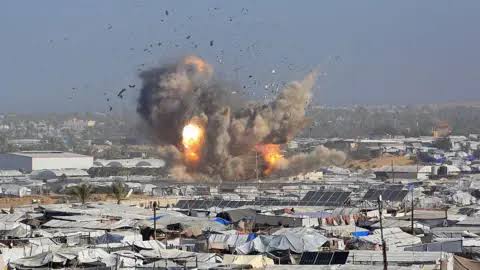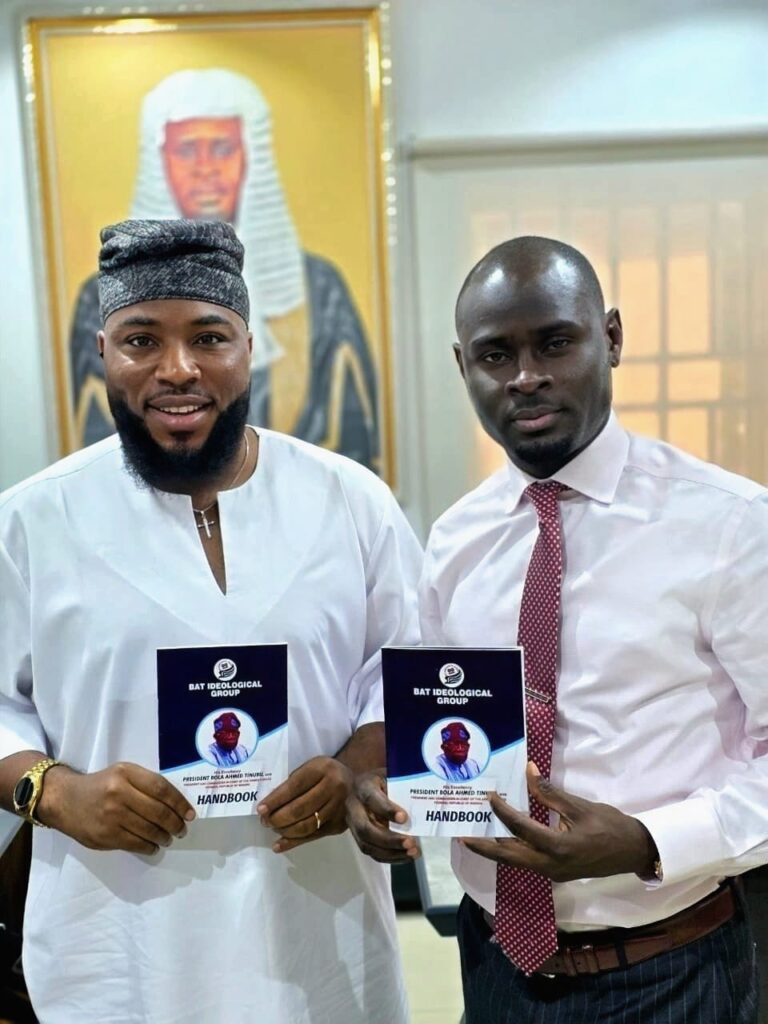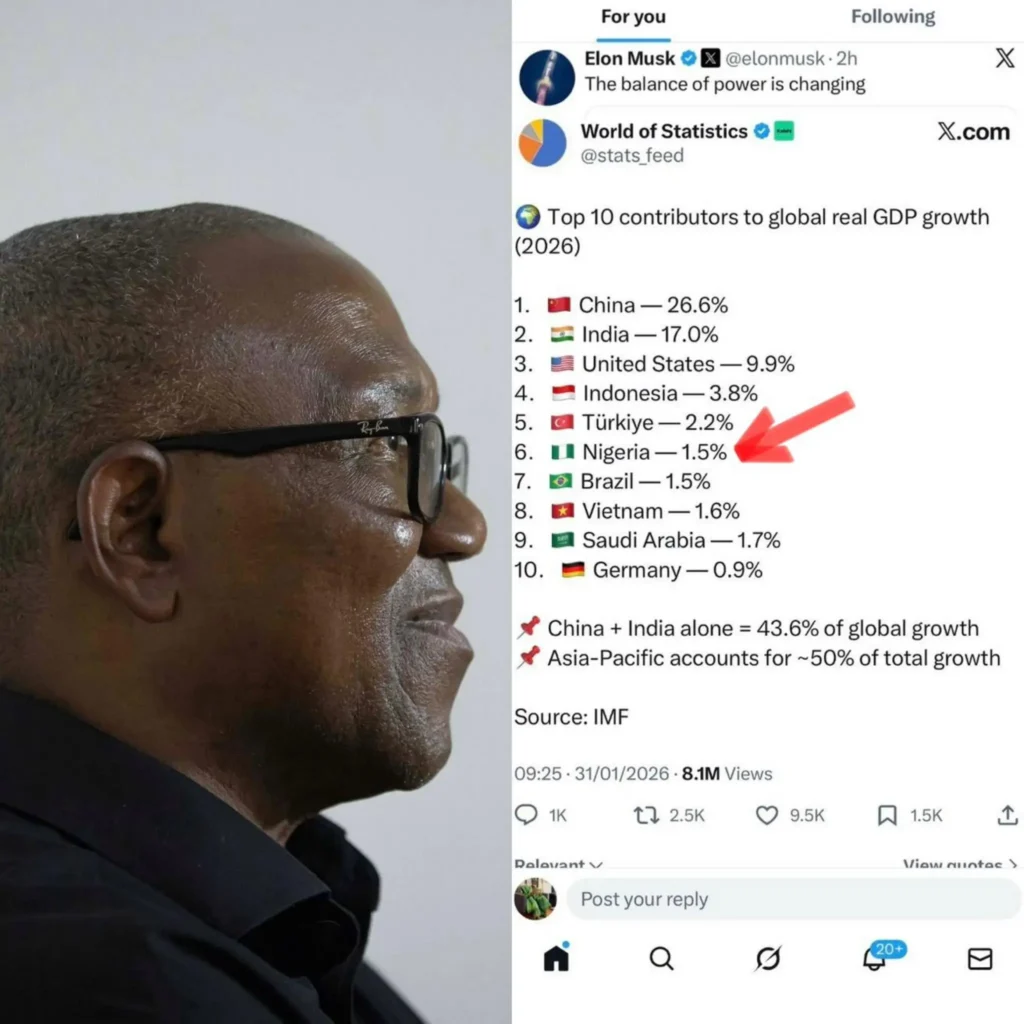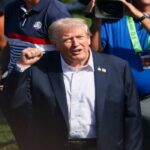U.S. Revokes Colombian President Gustavo Petro’s Visa Over New York Protest Remarks
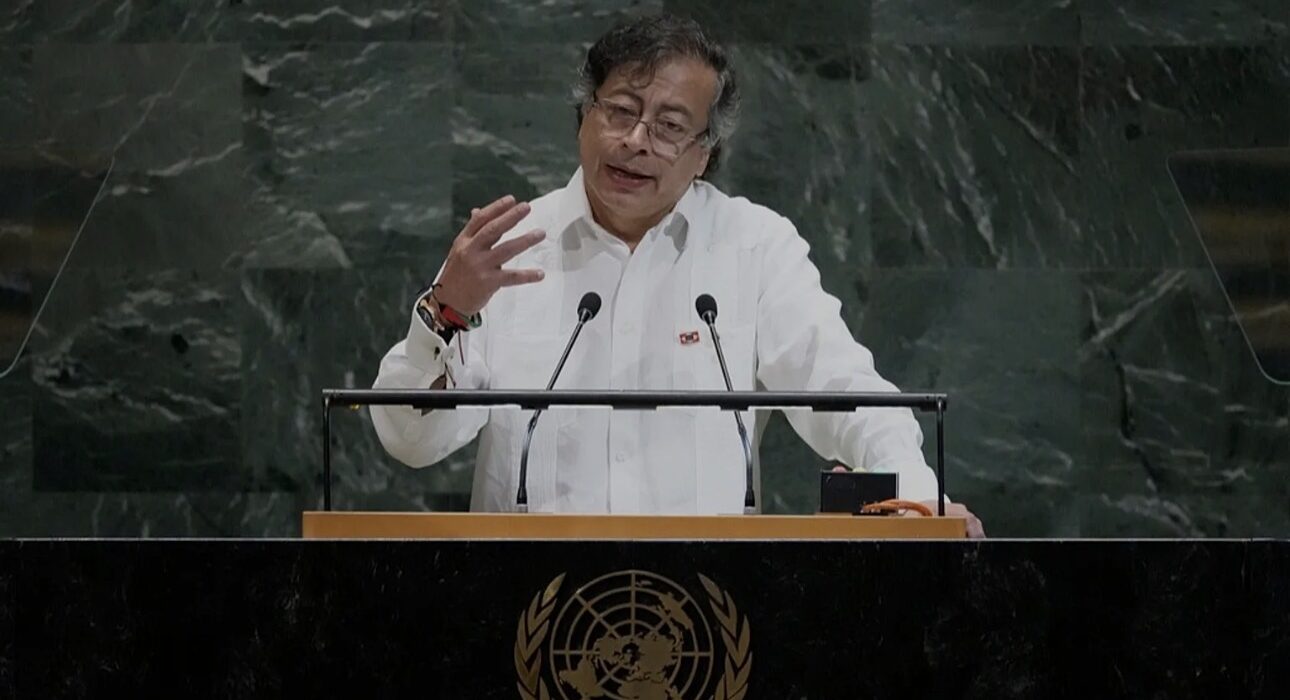
The United States has revoked the visa of Colombian President Gustavo Petro following controversial comments he made at a pro-Palestinian demonstration in New York, marking a sharp escalation in tensions between Washington and Bogotá.
The U.S. State Department announced the decision on Friday, describing Petro’s conduct as “reckless and incendiary.” During the rally, held outside the United Nations headquarters while world leaders were in New York for the General Assembly, Petro urged American soldiers to “disobey” orders from President Donald Trump and called for greater international solidarity with the Palestinian cause.
The remarks quickly drew criticism in Washington. State Department officials said they undermined U.S. authority and crossed a line of acceptable diplomatic behavior. “We cannot condone actions or rhetoric that encourage insubordination within our armed forces,” a statement read.
Petro returned to Bogotá soon after the gathering and confirmed that his visa had indeed been revoked.
He appeared unshaken, insisting that the move would not hinder his international engagement, pointing out that his European citizenship allows him visa-free travel to several destinations.
Speaking to reporters, Petro accused the U.S. of breaking with diplomatic norms.
“This violates the principles of immunity guaranteed to heads of state, especially in the context of the United Nations,” he said, adding that the situation should reignite discussions about relocating the UN headquarters away from New York.
The incident comes against the backdrop of already strained relations between the two countries. Earlier this year, disputes flared over U.S. deportation flights and Washington’s pressure on Colombia regarding anti-narcotics cooperation.
Analysts say the visa revocation could further widen the rift, moving the two allies closer to open confrontation.
Regional observers warn that the decision may also have ripple effects across Latin America, where Petro has positioned himself as a leftist voice critical of U.S. foreign policy. For Colombia, the fallout could complicate ongoing negotiations on trade, security, and drug enforcement with Washington.
For now, Petro maintains that he will continue to speak out “without fear” on international issues, even if it comes at the cost of his U.S. visa — a privilege many presidents before him have relied upon for diplomatic engagements in New York and Washington.


